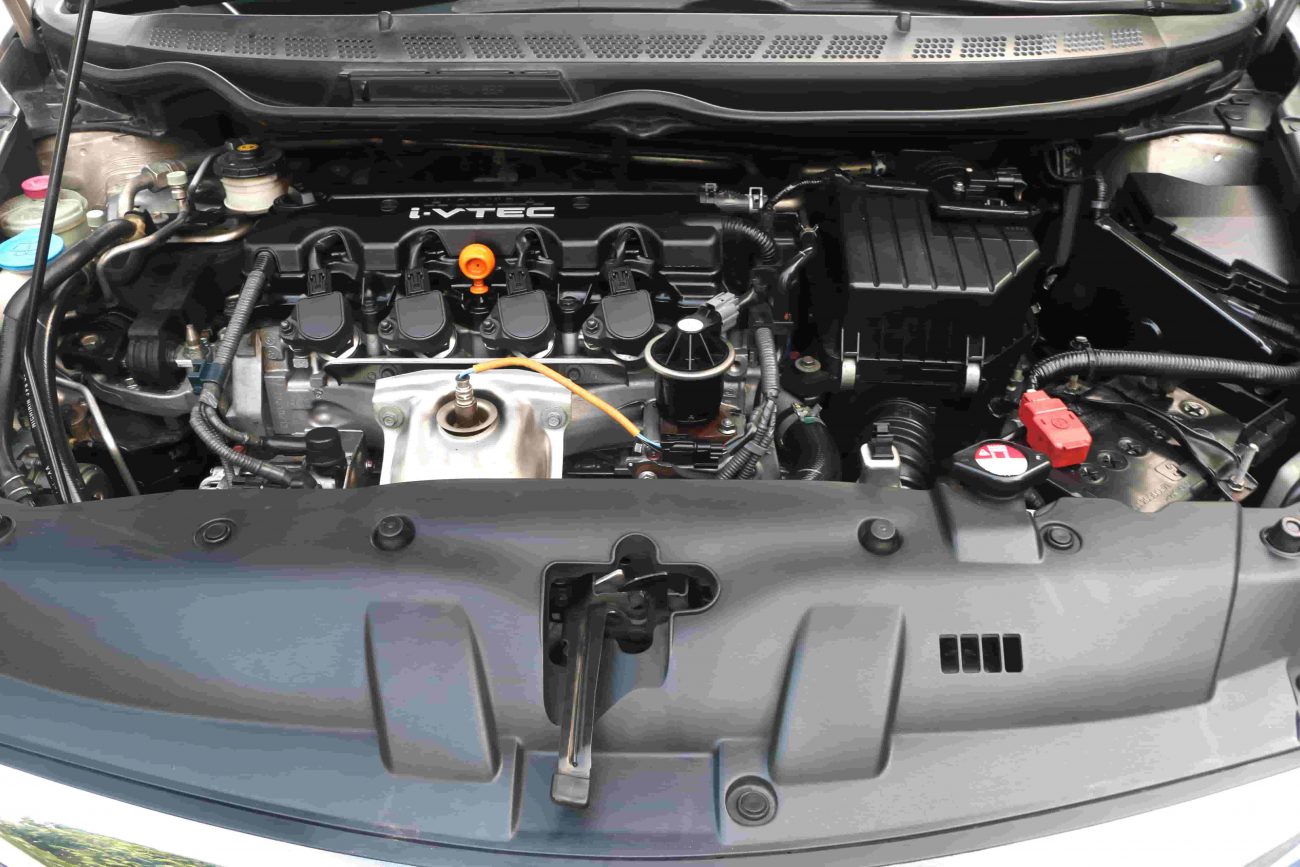Does The Size Of Engine Affect Van Insurance?
Caeva O'Callaghan | May 2nd, 2023

There are many different types of van out there. But does the engine size affect how much you pay for van insurance?
No. Van insurance is rated on the carrying capacity of the vehicle, otherwise known as the CWT.
Our quotation engine uses the registration number of the vehicle to calculate your premium based on the CWT. The engine size has little or nothing to do with how much you’ll pay for van insurance.
In this article, we’ll go over the following questions:
- How is van insurance calculated?
- What’s the cheapest van to insure?
- Can I reduce my van insurance premiums?
If you need a van for personal or work reasons, you may be tempted to save as much money as possible on your insurance. However, bear in mind that if you’re underinsured, this could work out much worse in the long run. It’s always better to be fully covered.
How is van insurance calculated?
Like any kind of motor insurance, your policy provider will look at a wide range of factors to calculate how much you need to pay for your premium. However, vans have some different factors to cars, which will affect the final price.
Engine size does not factor into calculating van insurance. But some of the factors which will affect how much your policy costs are:
Performance – how fast can your van go? Insurance companies normally measure this by comparing the maximum speed to its weight. Faster vans are generally more expensive to insure as, statistically speaking, they are more likely to be involved in a claim.
Carrying capacity – how much your van can hold will affect how much you haul with it at any one time. Uneven loads and large carrying capacities are a higher risk on the roads, hence you will likely pay more for a higher CWT.
Weight – while lighter vans usually offer higher performance, heavier vans can also be placed in high insurance groups as they are often harder to drive and control. This is one factor which can’t always be accurately predicted when you buy a van.
Cost of repairs – the more expensive or difficult it is to repair your van, the higher the premiums. This is because if an incident does occur, repairs will be more expensive. Moreover, if your van is particularly old, new, or contains expensive modifications, there will be fewer mechanics who are able to do the repairs.
Security – the more expensive your van, the more likely it is to be stolen, which can affect your insurance costs. Fitting the latest security features can help mitigate this cost significantly.
What’s the cheapest van to insure?
Don’t focus on cost first and foremost – it’s better to focus on what you want to get from your van and then shop around to find the best model.
For example, the cheapest van to insure might be much too small and not powerful enough for your needs. Being encumbered by a van that isn’t fit for purpose isn’t worth saving a few euros a month.
There are many different types of vans out there, and they will all cost different amounts to insure. While insurance shouldn’t be at the top of your mind while you shop, it’s good to prepare yourself for what to expect.
If you want a van that will act as a replacement for your everyday car, which can still give you the same speed and comfort but with additional load space, manufacturers like Ford have smaller car-like models that often carry lower premiums.
If it’s a durable all-rounder you need, Renault has a range of loading vans with smaller engines, making them more fuel efficient – although they can carry a little less weight as a result.
And if you’re in a trade, often hauling heavy equipment or moving loads, you’ll need maximum performance and maximum weight. Vauxhall have a range of vans that fit these criteria and which come with pre-installed security features to help keep risks – and therefore costs – as low as possible.
Can I reduce my van insurance premiums?
Yes. If you use your van for business purposes, the best way to lower your van insurance premiums is making sure your vehicle has regular CVRT tests. This is the Commercial Vehicle Roadworthiness Test, and it confirms that a vehicle satisfies basic safety standards on the day the test is carried out. All commercial vehicles must be tested when they are over one year old and annually after that.
When your van completes a CVRT, you are given a Certificate of Roadworthiness (CRW). This certificate is proof that a vehicle met a set of basic safety standards on the day it passed its test, however it cannot be regarded as a warranty with regards to the condition of the vehicle. Having an up to date and squeaky clean CVRT lets your insurer know your vehicle is in good condition, and therefore safe.
If you have a van for personal or business use, you can also increase your policy excess in order to bring your premiums down. Your excess is the amount you pay in the event of making a claim in other words, it’s the “cost” of making a claim. A general rule is that if the excess is going to be more than the repairs you need to make, you’re better off paying out of pocket than getting insurance involved.
But raising your excess can lower your monthly premium, as insurance companies assume they’ll get that money in the event you make a claim.
If you’re wondering what type of van insurance you need, give us a call and we’ll be happy to help.